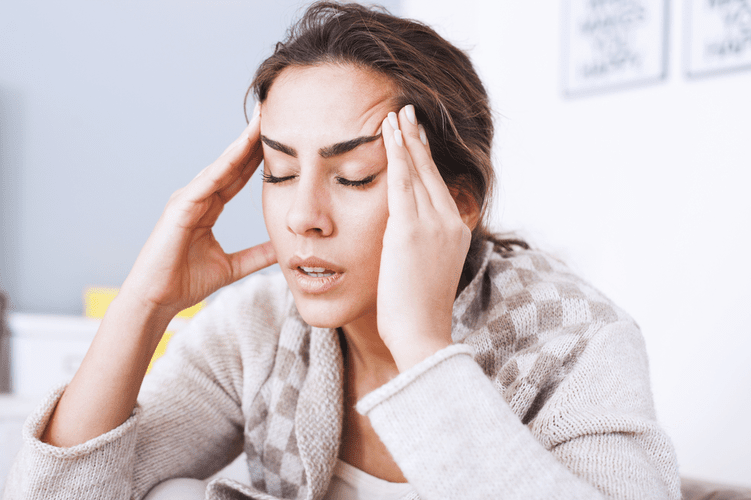First, some people have lower levels of the enzymes the body needs to break alcohol (ethanol) into metabolites that it can process and excrete. When byproducts of alcohol don’t get broken down quickly enough, they accumulate to levels high enough to cause a mild allergic reaction. People who have already been diagnosed with sleep apnea should talk with their doctor if their symptoms do not improve after starting treatment. A doctor can discuss alcohol habits and other lifestyle choices, as well as recommend steps to make treatment more effective. When a person has one or more of these symptoms, a doctor can review their specific situation and determine whether to recommend sleep apnea testing, which is required to diagnose the condition.
Alcohol can trigger asthma attacks in patients who have previously been diagnosed with asthma. It’s important to weigh the pros and cons—in particular, costs and insurance coverage—of the type of treatment https://g-markets.net/sober-living/oxford-house-recovery-homes-characteristics-and/ with your family members and primary care physician. Delirium tremens is most prevalent among younger, adult men who are caucasian and single, but what and how much you drink may also play a role.
How Alcohol Affects Your Metabolism
Drinking alcohol can have serious consequences if you’re being treated for anxiety. Having a drink might seem like a good way to ease anxiety, but you may be doing more harm than good. But anything more than a drink or so a day has the opposite effect, especially if you abuse or are addicted to alcohol. Women’s sex drive might drop, and their vagina might get drier.

Those who already suffer from asthma seem to be more vulnerable,” he said. Brown, now 42 and the mother of three, writes about her love-hate relationship with alcohol in her self-published book, “What Didn’t Kill Me.” People should note, however, that its authors do not propose that this means that alcohol causes allergies.
When to speak with a doctor
In addition, some people find that the alcohol in these drinks irritates their nose, leading to sneezing. This dilation occurs first in the brain, so you may feel flushed or warm after only a few sips of alcohol. The dilation then extends to blood vessels throughout your body, including those in your nose. Nonallergic rhinitis involves sneezing or a stuffy, drippy nose.
Alcohol reduces activity in the brain and central nervous system, which can make CSA worse by slowing a person’s breathing. The CDC defines it as more than 15 drinks per week for people assigned male at birth and more than 8 drinks per week for people assigned female at birth. With long-term heavy alcohol intake, your brain adapts to the effects of booze over time. People with certain health conditions could experience more serious side effects from stopping a sneeze.
Avoid Triggers
Alcohol intolerance is most often due to genetic conditions and sensitivity to histamine and sulfites in alcoholic beverages. While just about anything can trigger an allergic reaction, some things (like a bee sting, peanuts, and certain foods) are more 50 Sobriety Gifts Ideas, Effective Substance Abuse Treatment likely to trigger allergic reactions than others. In fact, many people who have true allergic reactions while drinking alcohol are actually allergic to something else in the drink (like wheat, barley, grapes and yeast), but not the alcohol itself.
Viral fever, pain in joints, throat infection, and headache will be common among Libra locals today. The relationship between alcohol and sleep apnea is most clearly established in people with obstructive sleep apnea. But alcohol use is also linked to other types of sleep-related breathing disorders and snoring. Long-term heavy drinkers may be predisposed to developing an anxiety disorder. However, there is no evidence that moderate drinking will cause anxiety.
However, drinking alcohol, especially heavily and over a long period of time, can actually increase your anxiety. Shaw says symptoms may affect the skin, breathing and circulatory system. “They may also be accompanied by a red rash, swelling to the eyes, lips, face, breathing difficulties, stomach upset, feeling dizzy or faint due to low blood pressure,” she adds. “Allergic conditions may be genetic but, can happen in people with no family history too.”
“If the first sneeze isn’t powerful enough to get rid of the irritants, the body will make you sneeze multiple times in a row until you expel the irritants out,” Dr. Gangani explains. Snatiation is likely genetic and doesn’t cause any health problems. If you notice that you sneeze more after large meals, try eating smaller meals or eating slowly.
